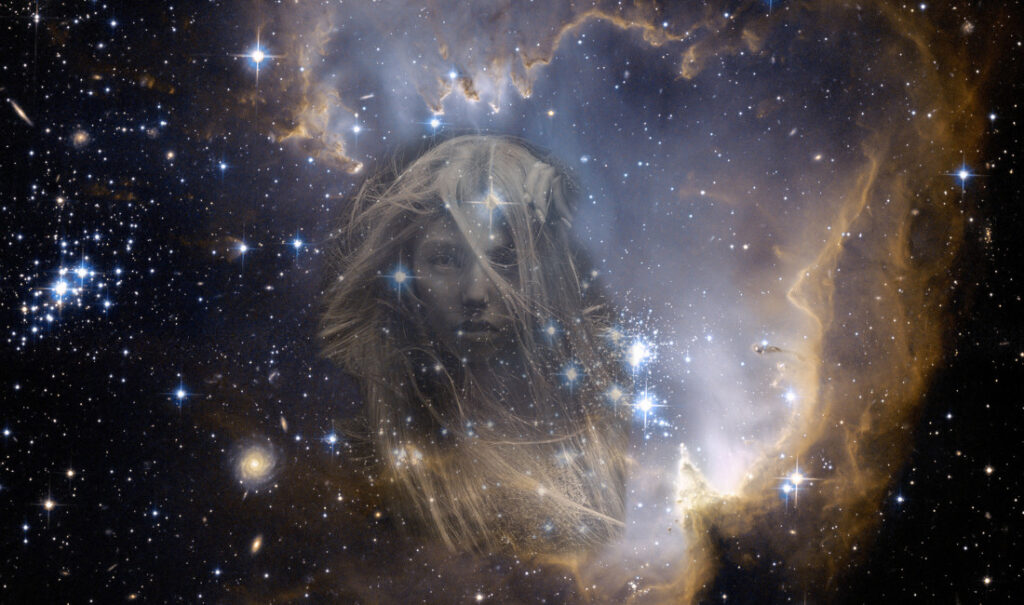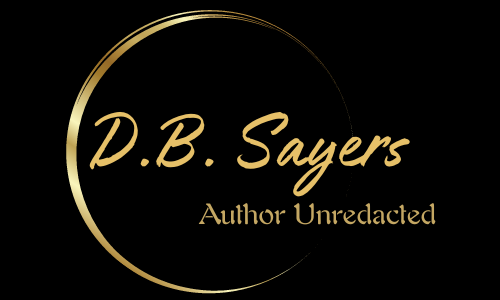The Siren Song of Imagination

What exemplifies our fascination with imagination and the possible than our continuing fixation on what is beyond?
I don’t remember when I first became fascinated to the point of near-obsession with what might be “out there.” It’s possible that it was always there, in the back of my mind—even before I had the vocabulary to articulate the questions. Can we just say it’s been a long time? And if you’re on this page, I’m guessing you share that borderline obsession.
Whether you acquired that taste for Edgar Rice Burrough’s Martian Series, John Norman’s Gorean Cycle, Frank Herbert’s Dune or from the cinematic Star Wars Series/Star Trek/Expanse series, few of us escape at least a passing interest. For some of us, though, science fiction is less fiction than it is creative speculation on what is—or might be.
For some of us, the question “are we alone in the Universe” is tantamount to insufferable hubris. And irrespective of whether you or I live to meet other intelligent life from “out there,” it seems impossible to me that we are alone. As Jody Foster observers in Contact, (based on Carl Sagan’s 1985 novel of the same name) “Seems like an awful waste of space.”
All that speculation apart, for me there’s another argument for taking science fiction more or less seriously, without regard to all the holes in what we “know.” Science fiction is a perfect opportunity for us to look in the mirror through the eyes of hypothetical others. In my previous incarnation as a Marine officer, one of the exercises we regularly engaged in was “turning the map around.” In that exercise, we saw terrain, avenues of approach and our own vulnerabilities through the eyes of our potential adversaries.
In my own science fiction writings, it’s less about our vulnerabilities than our foibles. Readers of one or both of the first two volumes of The Knolan Cycle have already come to the realization that the Knolans are almost eerily similar to us, both in strengths and weaknesses. Looking at them is a bit like looking at ourselves as we might hope to be, centuries or millennia from now. That’s not accidental.
Especially today, we are perilously close to destroying ourselves. So were the Knolans, during The Great Collapse and the subsequent period they refer to as The Great Darkness. These are but two of the nine Knolan ages. And it is in part because of those trials that the Knolans, for all their faults were able to rise above their own shortcomings. It was, nevertheless, a very near thing for them. It is my sincere hope that we do not need to replicate their mistakes.
